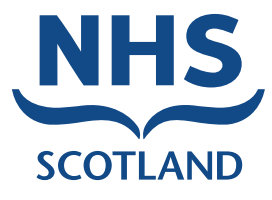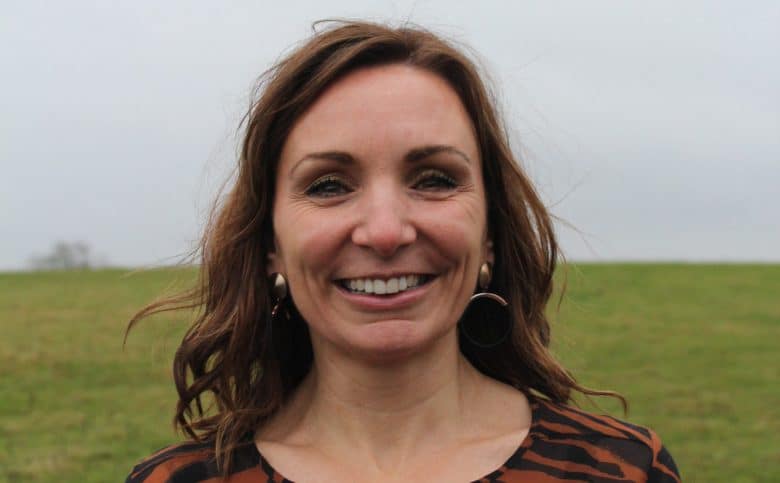A new decade is an opportunity to deliver a new chapter for our NHS – Read the thoughts of our Executive Chair, Rachel Beverley-Stevenson below:
The last 12 months have rightly seen health and wellbeing become one of the most important issues for the nation. As we embark on 2020 with a newly elected Government, who announced in the Queen’s Speech that the NHS budget increase is to be enshrined in law, we have a generational opportunity to enable our care networks and work towards an improved healthcare landscape; and importantly, support the heartbeat of the NHS by caring for the people who care for us – our GPs and primary care workforce.
We’ve all seen the well documented headline election pledges of 50,000 nurses and the development of new and redeveloped hospital estates, however our challenge in the health sector is to deliver effectively across the board, so how should we feel?
Of course, from a personal ‘patient perspective’, we feel empowered as we all welcome improvements and investment in our health care system for the benefit of both ourselves and our families. There is no question we all passionately believe the NHS should be there for us all, whenever we may need it during our lifetime.
This shared national passion to put patients first was the main factor that led me to set up OneMedical Group fifteen years ago. After a decade and a half, I am pleased to say as a proud family owned independent provider, we have delivered care to millions of patients via our surgeries and urgent care centres across the UK; utilising our five divisions which deliver and enable integrated care models via primary care, property, training, technology and proactive wellbeing.
As we enter a new decade, the pressure and demand on the NHS system has never been greater with a growing and ageing population. So, as we adopt the principles of the NHS Long Term Plan and await the finer details on the new administration’s revitalised commitments – how do we as a sector make a step change to further improve delivery and what can we do differently to make an impact?
This has involved the use of data analysis to provide valuable insight into healthcare services, working with PCNs to provide performance dashboard and population health management tools.
The activity has shown that much can be learned from the data we gather, but perhaps currently do not utilise this intelligence to fully leverage the change that PCNs are expected to deliver at neighbourhood level.
Crucially we have found that the data guides our understanding of clinical needs and the drivers of patient presentations is the foundation of developing effective workforce models for the future. In supporting practices and PCNs in embracing a MDT (multi-disciplinary team) approach and maximising funding opportunities to develop a highly skilled, confident and capable workforce who are best placed to deliver population care to their community.
I believe an effective, integrated, patient-centred model with allied health providers, CCGs, PCNs and NHS Trusts collaborating to maximise the investment in technology and estates, will increasingly begin to turn the dial and deliver a new and improved chapter for the NHS.
An example of how collaboration can successfully deliver is our Co-Located Primary Care Service, which has recently been shortlisted in the ‘Best Healthcare Provider Partnership with the NHS’ category in the HSJ Partnership Awards 2020. This innovative collaboration saw our team work with Leeds Teaching Hospitals NHS Trust at the three emergency departments across Leeds General Infirmary and St James’ Hospital to signpost patients to the correct care pathway and care giver. Together, this resulted in a better patient experience and reduction in pressure on A&E and the wider system.
In times of extreme pressure, we have been able to support Leeds Teaching Hospital NHS Trust with extra clinical support. For example, additional clinicians have been deployed to assist the front door streaming nurses during the winter months to ensure that appropriate footfall through the Primary Care Service is maximised. Additional GP capacity was also added into the model to support the mounting pressure within the emergency department.
Across the integrated system, if we take this collaboration to the next level by putting the patient at the heart of the solution and combine this with greater support on preventative education and enable wellbeing, we can build a bright future.
I hope when we reach our 20th anniversary at the end of this Parliament, we can feel as proud as we do now and say that OneMedical Group do things differently – to make a real difference – doing our bit to turn the dial and ensure we have an integrated NHS that is a global example for delivering first class, patient-led care.








